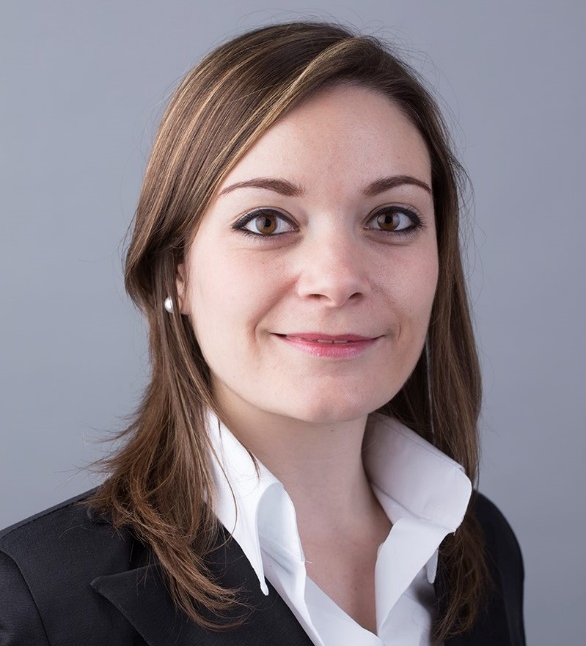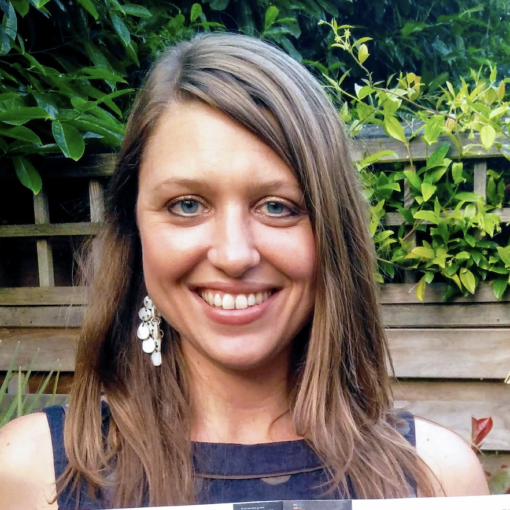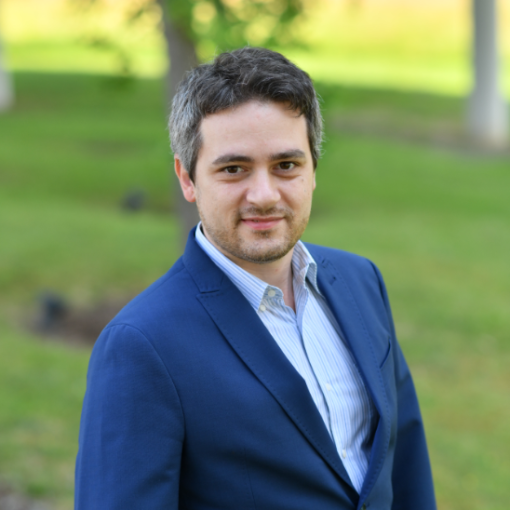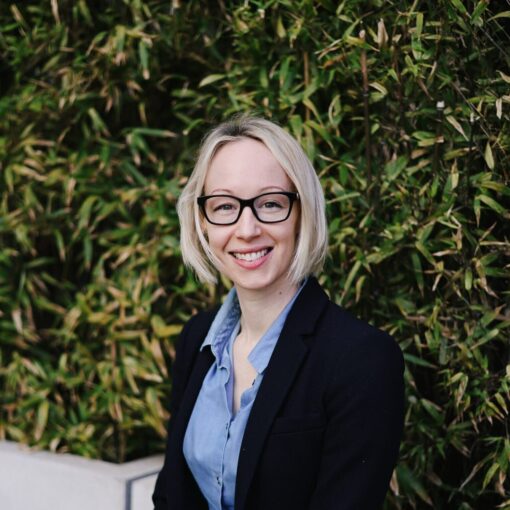PhD in Atomic and Molecular Physics, University of Nottingham (2009)
| Research Leader | |
|---|---|
| CGG | |
Year entered into a non-academic position: 2010
Job highlight: Collaborating with (and learning from) colleagues to solve problems that have never been solved before! Building on the decades of work of those who came before me, and knowing that I am playing my own small part in laying the foundations for those who will come after me.
My research training set me up… with a variety of transferable skills to succeed in a range of industries. Before joining CGG I had no previous experience in geophysics or signal processing, but the critical thinking, problem solving, and presentation skills I developed throughout my Ph.D. ensured I was able to hit the ground running and progress quickly with all aspects of my role.
What’s your background?
I completed my MSci in Mathematical Physics at the University of Nottingham prior to spending three years in R&D in the British Intelligence sector. Following this, I returned to academic research at Nottingham, obtaining my Ph.D. in Atomic & Molecular Physics in 2009. I joined CGG in 2010 as a Geophysicist in the Subsurface Imaging department, moving to Research and Development in 2014.
I enjoyed the abstract elements of my academic research, but there is a unique satisfaction in working to solve real-world problems.
Why did you move away from academia?
I wanted to apply the expertise I developed during my Ph.D. in a more practical way. I enjoyed the abstract elements of my academic research, but there is a unique satisfaction in working to solve real-world problems.
How did you get this job?
I applied for a position as a Geophysicist directly after completing my Ph.D. Following a successful face-to-face interview I started my career in the Subsurface Imaging department as a Processing Geophysicist in 2010, and moved to into Research & Development after an internal interview in 2014.
How did your PhD prepare you for your current job? For example, what were the transferable skills that you developed during your PhD that are most relevant to your current job?
Despite having no experience with geophysics prior to working at CGG, my scientific background had already prepared me for much of the work involved in my job. In addition, CGG has provided me with specialist technical training in all aspects of geophysics required for my role, both at the outset and throughout my career.
A Ph.D. is about much more than demonstrating problem solving and analytical abilities. Learning to collaborate and communicate effectively with others is a key aspect of research, both in academia and the workplace. Often this will relate to oral communication and presentational skills, but it also extends to honing written communication skills. Writing papers for peer-reviewed journals during my Ph.D. developed my critical thinking and reasoning, both crucial features of my current role.
Can you describe a typical week in your job?
My primary role is to develop new capabilities for CGG’s Subsurface Imaging department. However, a typical week is about much more than just software development, and can include technical support for colleagues within Subsurface Imaging, line management and developing others, liaising with external clients, delivering presentations and training courses, attending seminars and conferences, peer-reviewing (and writing) journal papers, and preparing patent applications.
What’s the workplace culture like?
CGG has a collaborative and progressive workplace culture. Everyone is friendly and keen to help, and there is as much emphasis on staff wellbeing as there is on getting the job done. Outside of the office, there is a busy and wide-ranging calendar of events organised by the social committee.
What are your favourite parts of your job?
Collaborating with and learning from colleagues who are experts in their field. Developing others through training courses and technical support. Solving problems!
A Ph.D. is about much more than demonstrating problem solving and analytical abilities. Learning to collaborate and communicate effectively with others is a key aspect of research, both in academia and the workplace.
What are your reflections on your career path?
One of the advantages of working at CGG is the flexibility to choose your own career path and broaden your experience and horizons. I am very happy in my current research role but I would always be open to considering a new challenge within CGG if the right opportunity arises.
Can you recommend any relevant resources, organisations or events that might help somebody new to the sector find out more about it?
Geophysics attracts people with a wide range of skills and talents including physicists, mathematicians and even electrical engineers, very few of whom have any prior knowledge of the field. If you see a role that interests you then your first port of call should be the company website. Companies often showcase their latest technologies on their website and when advertising a new technology a company will often accompany the press release with a link to the supporting technical paper; many companies also give webinars on their technology which are publicly available on platforms like YouTube and should be digestible by non-specialists. LinkedIn is also a good place to research the sector and exploring the LinkedIn profiles of people who work at the company you are interested in especially alumni of your university or those who studied the same subject can help you gain a better understanding of how well you will fit in there. Alumni are more likely to be amenable to being contacted as well. If you are still at university there are usually strong links between academia and industry in the earth sciences so speaking to a lecturer may help you. Finally The European Association of Geoscientists and Engineers (EAGE) and the Society of Exploration Geophysicists (SEG) are both excellent places to research the sector with lectures and webinars available on their YouTube channels.
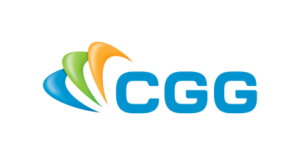 CGG is a global leader in high-tech geoscience. We offer a unique range of innovative technologies, services and equipment designed to provide extremely precise data on the Earth; primarily to support exploration for and optimal development of natural resources. For further details, please have a look at our website. Employee profiles and more information on what we do and where can be found on Gradcracker.
CGG is a global leader in high-tech geoscience. We offer a unique range of innovative technologies, services and equipment designed to provide extremely precise data on the Earth; primarily to support exploration for and optimal development of natural resources. For further details, please have a look at our website. Employee profiles and more information on what we do and where can be found on Gradcracker.


